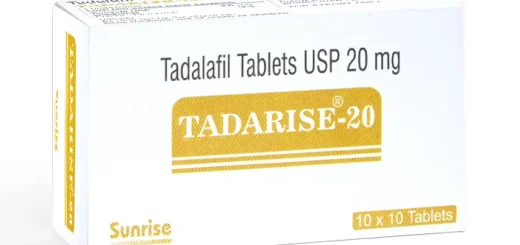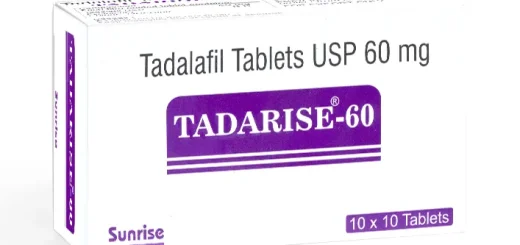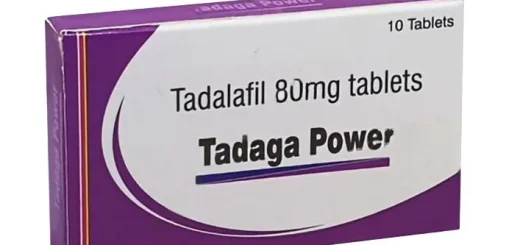How are sleep and ADHD symptoms related?

Attention Deficit Hyperactivity Disorder, also called ADHD, is a neurodivergent condition. As the name suggests, people diagnosed with ADHD find it difficult to concentrate and can be hyperactive, which affects their daily lives. It is commonly diagnosed in childhood, by the age of 12. According to the World Health Organization (WHO), around 5-7% of children suffer from ADHD.
The diagnostic criteria for Attention Deficit Hyperactivity Disorder include three main symptoms- hyperactivity, inattentiveness, and impulsive behaviour. The dominant behaviour defines the type of ADHD. For example, if the dominant symptom is inattentiveness, the category would be predominant-inattentive ADHD. There can also be a combination of two symptoms called combined-type ADHD.
There is little research about the impact of this neurodivergent disorder on sleep and whether it can cause any sleep- related conditions. This article combines all the data available on this topic.
How do Attention Deficit Hyperactivity Disorder Symptoms impact sleep?
ADHD naturally affects several nervous systems that control important functions. One of these important functions is the sleep cycle. Scientists believe the main cause of sleep problems in such patients is the effect of Attention Deficit Hyperactivity Disorder on circadian rhythm. The common sleep problems associated with ADHD-affected children consist of nightmares and insomnia. Sleep issues become more severe with age and can also lead to sleep disorders.
Scientific surveys revealed that Attention Deficit Hyperactivity Disorder patients are more likely to develop such disorders. Depending on the dominant complication of Attention Deficit Hyperactivity Disorder, there is variation in the type of sleep issue.
For example, daytime sleepiness is more prominent in predominantly inattentive ADHD. On the other hand, insomnia is more common in predominantly- hyperactive people.
However, it is easy to look over legitimate sleep conditions, as they can be mistaken for ADHD symptoms. Hence, you must have a proper diagnosis for sleep conditions along with this disorder.
Tips for Improving Sleep Habits
Given below is a list of tips that you can use to improve sleep for ADHD:
- Dedicate a clean, quiet, and dim environment to sleep.
- Keep the design of your room minimalist. It will prevent a person with ADHD from being overwhelmed.
- Avoid screen time before going to sleep. Activities that demand a lot of attention should also be avoided.
- Avoid caffeine and hard-to-digest foods before sleeping.
- Keep your phone on “do not disturb” before going to bed. Make sure that there are minimal disturbances.
- Discuss getting sleep medication with your doctor. Do not try to take it on your own.
- Follow a proper sleep schedule. This will prevent disruption of the sleep cycle.
- If your child has ADHD, getting a plushie, a soft toy, or a blanket will help the child sleep easier.
- Avoid long daytime naps. A short, boosting nap might give you energy; however, a long nap will make it difficult to fall asleep.
- Have some white noise to prevent your brain from focusing on stressful thoughts in absolute silence.
Why are Good Sleep Habits important for Attention Deficit Hyperactivity Disorder Management?
Just like ADHD affects sleep, bad sleep can also add to the already existing problems due to this condition. Incomplete or poor sleep can: 
- Worsen the ADHD symptoms
- Give rise to sleeping disorders
- Aggravate the sleep symptoms.
The stress on a non-ADHD individual is comparatively less, as they have extra assistance in the thalamus, i.e., the relay centre of the brain. This helps them function better in sleep deprived conditions. This assistance is not observed in Attention Deficit patients. Hence, symptoms of this disorder worsen even more without proper sleep.
Hence, it is important to develop good sleep habits to prevent these issues, especially if you are suffering from ADHD.
Conclusion
Even for a neurotypical person, poor sleep can result in a heap of problems like irritability, lack of concentration, loss of productivity, etc. These problems can be a disaster for an ADHD patient, as the condition already makes daily functioning difficult for them. Good sleeping habits can help a great deal with Attention Deficit Hyperactivity Disorder.











